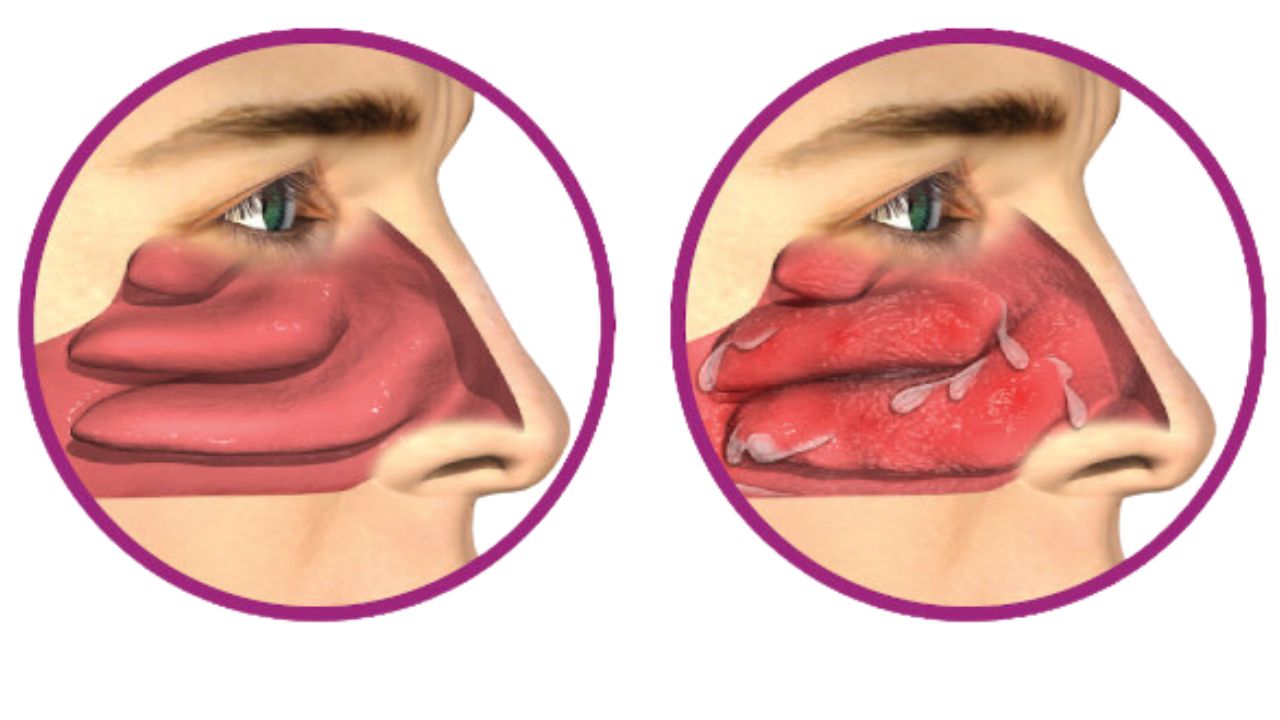
Allergic Rhinitis in India: Symptoms, Causes, and Treatment
What is Allergic Rhinitis?
Allergic rhinitis, commonly known as hay fever, is a prevalent allergic disorder that affects the nasal cavity when exposed to allergens like pollen, dust, or animal dander. It can be triggered by seasonal changes, environmental factors, or specific substances. This condition causes inflammation of the nasal passages and is characterized by symptoms such as sneezing, runny nose, and itchy eyes. While allergic rhinitis is rarely severe, it can significantly impact quality of life if not managed properly.
Symptoms of Allergic Rhinitis
The symptoms of allergic rhinitis can vary in intensity and may include:
- Frequent sneezing
- Itching in the nose, eyes, or ears
- Nasal congestion or a blocked nose
- Headaches and sinus pressure
- Watery, red, and swollen eyes
- Postnasal drip leading to throat irritation
- Loss of smell (anosmia)
- Fatigue and malaise
If symptoms persist for more than a week or interfere with daily activities, it is advisable to consult a healthcare provider.
Causes of Allergic Rhinitis
Allergic rhinitis occurs when the immune system overreacts to allergens, releasing histamines that cause inflammation. Common triggers include:
- Pollen from trees, grasses, and weeds
- Dust mites
- Pet dander
- Mold spores
- Air pollution
Risks and Prevention
People with a family history of allergies are more likely to develop allergic rhinitis. Risk factors include:
- Exposure to smoke or pollution
- Cold and dry weather conditions
- Use of hairsprays and scented products
- Exposure to chemicals or strong fragrances
To prevent allergic rhinitis, consider the following strategies:
- Avoid exposure to known allergens, particularly during high pollen seasons
- Use air purifiers and dehumidifiers to reduce indoor allergens
- Keep windows closed during high pollen periods
- Regularly clean and dust your home, and avoid carpets if you are allergic to dust mites
- Wear masks outdoors to minimize allergen inhalation
Treatment Options
In India, treatment for allergic rhinitis often includes antihistamines, nasal sprays, and decongestants. For persistent cases, allergists may recommend allergy testing and immunotherapy to help reduce sensitivity to allergens. Maintaining a clean environment and avoiding triggers are crucial for managing symptoms effectively.
By understanding and managing allergic rhinitis, individuals can significantly improve their quality of life and reduce the impact of allergy symptoms.




